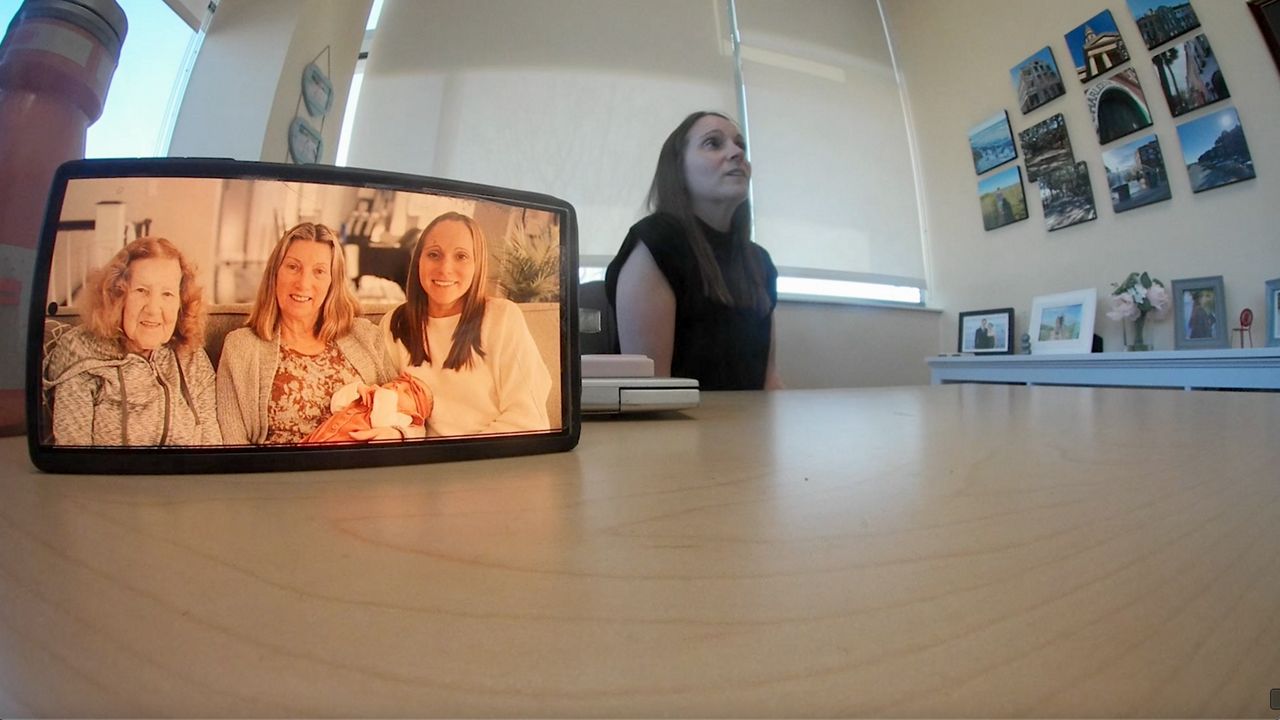MADISON, Wis. — Madison College is stepping up its game in medical training with a state-of-the-art surgical technology lab. It offers students a chance to prepare for high-stakes situations in the operating room.
The newly revamped facility, which includes a virtual operating suite, promises to shape the future careers of students entering the surgical field.
Carolyn Steinhorst, the director of the Madison College Surgical Tech Lab, said the updated space will give students a significant advantage in their training.
“Our space here is an actual virtual operating suite,” she said, describing the immersive learning environment.
The college’s new lab is a game-changer for students with aspirations of assisting in intense surgical cases. The role of a surgical technologist is crucial, as they work closely with surgeons, anticipating their needs during procedures.
“They are sitting next to the surgeon, assisting during surgery,” Steinhorst said. “They’re not like a physician, per se, but they’re the person standing right next to the surgeon, trying to stay one step ahead.”
Certified Surgical Technologist instructor Nathan Richards echoed the importance of mastering the extensive list of instruments needed in the operating room. He said there are many challenges students face.
“From anywhere, from a diva to a malleable to a body wall to a Richardson, there’s a ton of different names of instruments,” Richards said.
The surgical tech program, originally a one-year course, has been expanded to a two-year associate degree, addressing a growing shortage in the profession. Steinhorst highlighted the urgency of the issue, citing the increased demand for surgical technologists.
“There’s like a 5 to 8% increase each year in surgical technology vacancies,” she said.
The $3.7 million revitalization project at Madison College extends beyond the surgical lab, with improvements also made to the college’s Health Simulation Center. The center allows nursing students, such as Carl Harris, to practice essential skills using high-fidelity mannequin simulators.
“You don’t have to worry about inconveniencing a mannequin in simulation, so we can kind of hone our skills,” Harris said. “It helps to do it here because when you’re dealing with real patients, if the person is short of breath, they’re going to have a lot harder time answering your questions.”
The simulation mannequins provide real-life feedback, enabling students to learn in a more hands-on environment.
Academic manager and simulation director Jeffrey Wenzel emphasized the importance of this type of experiential learning.
“When it comes right down to it, it’s watching the light bulbs come on,” Wenzel said. “It’s watching the students come out of the experience with a greater understanding of the knowledge, the disease process.”
The updates to the simulation center and operating lab aim to better prepare students for the challenges they will face in their medical careers. Decades ago, students would have had to rely on imagination during training, Steinhorst said.
“We had to pretend that there was a body laying here, and we didn’t have any simulation,” she said. “But here they can apply the instrument to the actual area that we’re working in, whether it’s the kidney, the aorta, the bowel.”
With the improved facilities, Madison College hopes it will help students be ready to step into real-life situations and save lives in the near future.












